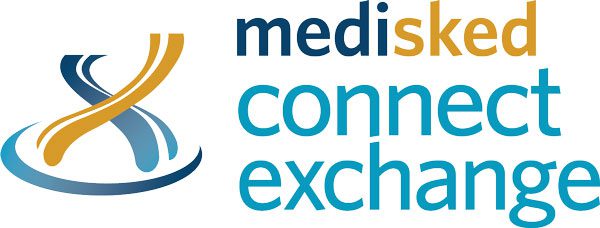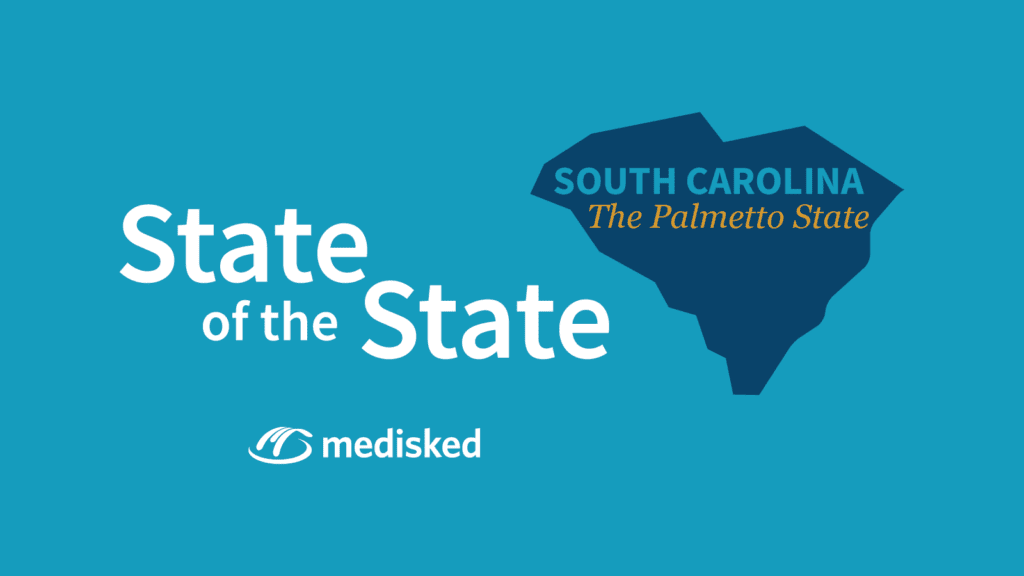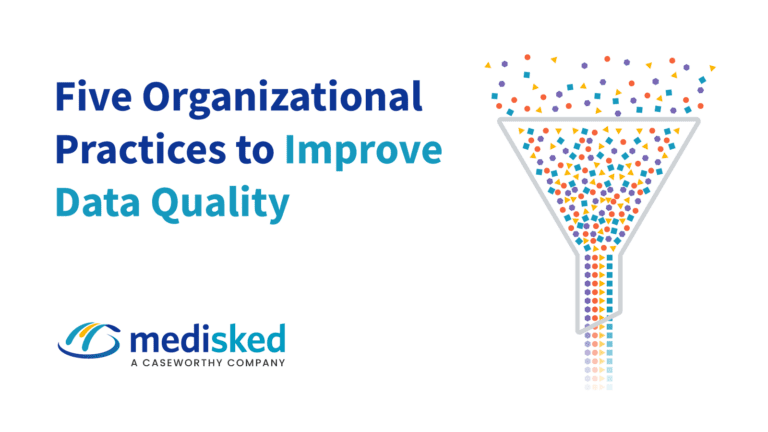DISCLAIMER: This article contains outdated language due to the mentions of historical government organizations and policies which were named with inappropriate terminology. The use of these terms was pulled directly from federal rulings and statutes. If you have any questions, comments, or concerns, we’re happy to discuss them. Please feel free to reach out to us.
Home and Community-Based Services (HCBS) in South Carolina
South Carolina’s HCBS waiver program was established in 1981. Prior to then, Medicaid funded services for people with intellectual and developmental disabilities (IDD) were primarily available in institutional settings (e.g. nursing facilities, intermediate care facilities). People with IDD were pushed toward institutional settings because the supportive services necessary for them to live in their own home or community setting were not available.
Today, South Carolina supports three HCBS waiver programs: a Community Supports (CS) waiver, Head and Spinal Cord Injury (HASCI) waiver, and an Intellectual Disability and Related Disabilities (ID/RD) waiver. These waivers serve nearly 12,000 individuals: 4,000 in residential settings and 8,000 at home with their families. That highlights a very significant change from an emphasis on institutionalization to more person-centered care over the past 40 years.
There are six categories of at-home services that can be provided to enable an individual to remain in their own home:
- Early Intervention is a family-focused, in-home service for children ages 3 to 6 with developmental delays. An Early Interventionist helps families understand their child’s development and gives specific training to address areas of delay.
- Respite Services provide temporary care to individuals, which allows families or caregivers to handle emergencies, personal situations, or take a break.
- At-Home Supports provide support for independent living, such as access to the community, pay bills, shop for groceries, access medical care, and other personal assistance as needed.
- Employment Services provide assistance to obtain and sustain employment. This service enables people to earn wages and opportunities to interact with non-disabled workers. Employment services include job coaching, work enclaves, and mobile work crew opportunities.
- Adult Day Services provide a safe and healthy environment for people to develop social and personal care skills for more independent and productive lives.
- Individual and Family Support is available to assist individuals and families who incur additional expenses due to the individual’s disability.
In order to be eligible to receive these types of services, an individual must have a diagnostic evaluation at no cost to them. Once qualified, the person selects a case manager to assist in creating their needs-based plan for services. The person-centered plan focuses on what that individual wants for their life and future goals.
The Department of Disabilities and Special Needs (DDSN) public service delivery system relies on Medicaid programs to leverage state funding to maximize services available to the individuals served by DDSN. Because of this, the Centers for Medicare & Medicaid Services (CMS) Final rule applies. This means that case management must be conflict-free, allowing a person to have free choice of their providers without the undue influence of their case manager.
Education for Children with Disabilities in South Carolina
In 1972, in the wake of a series of landmark Supreme Court rulings including but not limited to Brown v. Board of Education of Topeka, PARC v. Commonwealth of Pennsylvania, and Mills v. Board of Education for the District of Columbia, Congress launched an investigation. The goal was to uncover the number of children with special education needs that were being underserved. The Bureau of Education for the Handicapped found that out of 8 million children with disabilities, only 3.9 million had their needs met. Around 2.5 million were receiving substandard education and 1.75 million were not even in school.
Individuals with Disabilities Education Act (IDEA)
What followed over the next 20 years was significant legislation that expanded services, protections, and funding to children with developmental delays. Finally, in 1986 President Reagan passed the Handicapped Children’s Protection Act, the first iteration of the law that would become the Individuals with Disabilities Education Act (IDEA), which gave parents significantly more say in their children’s development. The next four years saw additional provisions added until the law was reauthorized under President Clinton as IDEA. This saw the expansion of “developmental delay” as a definition and the birth of what is now affectionately named “BabyNet” in South Carolina.
About BabyNet
South Carolina is one of the states that offers an early intervention program for children under three years of age (36 months) with conditions associated with developmental delays. BabyNet provides support for children that would not otherwise receive eligibility into other programs. BabyNet is supported by IDEA Part C, which has aimed to help children with developmental delays and their families.
To be eligible for BabyNet, an individual must meet the following criteria:
- Must be under 36 months of age, and
- They must be diagnosed with a condition that causes developmental delays or have a condition that will likely lead to developmental delays.
Once that threshold is met, there are a series of documents that will be provided to the family outlining the eligibility decision and evaluation results. The services provided are tailored to each child’s needs created by those experts working at BabyNet. Services provided may include the following:
- Service coordination
- Referrals for needed services
- Preschool transition
- Evaluations for physical, occupational, or speech therapies
- Family training & special instruction
- Home visits
- Assisting in enhancing the learning environment
- Planned materials and interactions
- Implementing a home program
These are just some of the services provided by BabyNet—the child is also entitled to nutrition services, psychological services, social work services, vision services, assistive technology, and Autism services.
What’s Next for South Carolina
The coordination of these services and programs takes talented individuals working day in and day out to provide the highest level of care possible. To do this job properly, it takes all the moving parts working in tandem to achieve success.
An effective technology solution can assure compliance with these regulations and maintain accurate accounting of these potential situations. A solid, reliable, and trustworthy technology solution could not only make everyone’s lives easier but would greatly increase efficiency and reduce workplace headaches for all involved. South Carolina can support case management activities and amplify oversight with MediSked’s robust reporting and business intelligence tools. The MediSked Solution Suite is configurable, interoperable, and supports a modular health IT stack to promote cost savings and efficiency. Learn more about our solutions for government and oversight agencies here!
Sources
- https://ddsn.sc.gov/services/medicaid-home-and-community-based-waiver-services/intellectual-disability-and-related
- https://ddsn.sc.gov/services/overview-ddsn-services
- Timeline of the Individuals with Disabilities Education Act (IDEA) (ku.edu)
- https://msp.scdhhs.gov/babynet/sites/default/files/BabyNet%20Procedures%20for%20Determination%20of%20Initial%20Elgibility.pdf
- https://sites.ed.gov/idea/about-idea/
- https://aboutplaysc.com/3-things-to-know-about-babynet-in-south-carolina/






